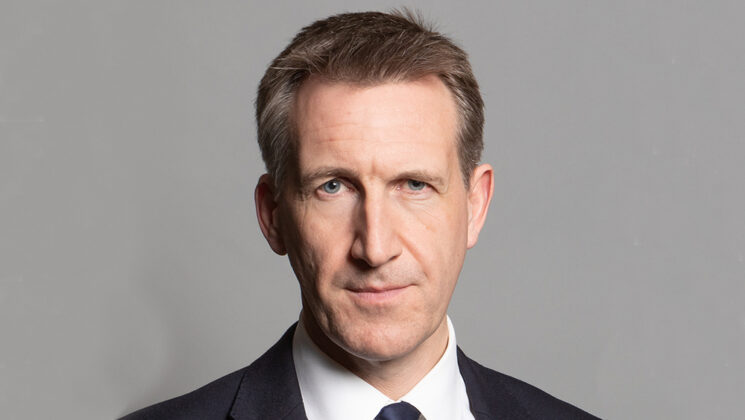My community, like many others, was left devasted by the pandemic. The suffering endured will live long in the memory, but so too should the resolve of those who pulled us through, not least our NHS staff, carers and educators.
As a proud UNISON member, I know that, too often, the vital role of our public services – and those who work in them – is taken for granted, but whose true value was there for all to see during our darkest hour.
It is deeply regrettable that many of those same workers now struggle to make ends meet. So I was pleased to work with UNISON to secure a debate in Parliament on the cost of living crisis.
UNISON research found that 2 in 5 health workers had to ask family or friends for financial support in the last year. Nearly every school support staff surveyed worried they didn’t have enough cash to cope with rising bills, meaning a quarter have had to find second or even third jobs.
The treatment of those on whom we rely so heavily is unacceptable and untenable.
Unacceptable because they deserve better. They paid their dues – one hundred times over. The government must do right by them.
And untenable because it exacerbates a staffing crisis. We know public sector pay lags behind the private sector. Already 500 nurses and midwives quit every week and we now risk losing thousands of staff because of the gulf in pay.
During the debate, I highlighted the case of one NHS worker in Barnsley, who told me that 63% of her meagre pay rise went back into Treasury coffers because she was on universal credit.
She asked me: “How the government can morally justify this?” It is clear to everyone it cannot. Instead, the government must make the necessary funds available for a public service pay rise that not only reflects the rising cost of living but also the contribution of our keyworkers to society.
The debate also provided an opportunity to expose some hidden costs of working: mileage and carparking.
Three quarters of health workers surveyed by UNISON who use their cars for work say mileage rates don’t cover fuel costs. HMRC is responsible for mileage rates but despite record high fuel prices, they have not been updated for a decade.
Fixing this would put on average £150 back in workers’ pockets each year. I called on the Treasury to urgently update rates to reflect the rises at the pump so that community healthcare staff, for instance, are not out of pocket for doing their vital jobs.
Carparking matters because not everyone can use public transport to get to work. A third of healthcare workers UNISON spoke to in one South Yorkshire hospital drive because of insufficient public transport. That is what makes reintroducing hospital carparking charges so wrong.
Carparking charges will cost NHS workers £90 million annually, so it’s not surprising that 3 out of 5 staff at a local hospital said their reintroduction will have a high or extremely high financial impact.
The government cannot allow the price of parking to become the straw that broke the camel’s back for health workers. I asked Treasury Minister Lucy Frazer MP to urgently scrap all carparking charges for staff – and she committed to revisiting the issue with officials.
The debate was a step in the right direction in our campaign to help public service workers with the costs of living – but there is still much more to do. Consigning frontline workers to the breadline is a political choice by this government, so I will keep working with UNISON to put forward practical alternatives.




